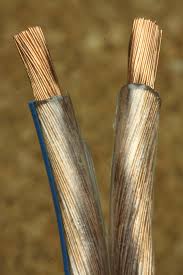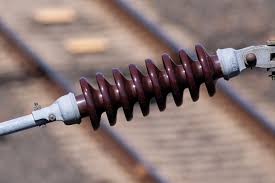What are conductors and insulators?« Back to Questions List
|
In simple terms, electricity is flow of electric charges through a wire. When you switch on a light, current passes through the wire and the bulb emits light. Current is nothing but the flow of electrons between atoms. A conductor is an object or type of material which permits the flow of electric charges in one or more directions. An electrical insulator is a material whose internal electric charges do not flow freely, and therefore make it very hard to conduct an electric current under the influence of an electric field. Every atom has got its own physical, chemical and electrical properties. This is determined by the number of electrons and its arrangement in the valence shell. · When the valence electrons are free to move from one atom to another, they conduct electricity. Examples: Water, metals like aluminium, iron, copper etc are conductors. · If in case the valence electrons are tightly bound to the atom, they are not free to move. Hence they do not conduct electricity. They are highly resistant to the flow of electrons through them and are called insulators. Examples: Rubber, wood A perfect insulator does not exist, but some materials such as glass, paper and Teflon, which have high resistivity, are very good electrical insulators. When it is said that electrons move between energy levels, they don’t move but disappear from one level and then instantly reappear on another level. From this discussion, we understand that condutors have loosely bound valence electrons and valence electrons of insulators are tightly bound to the atom. Human body is a good conductor of electricity as it is made of water and salts. Wet skin has greater conductivity as compared to dry skin.
|


